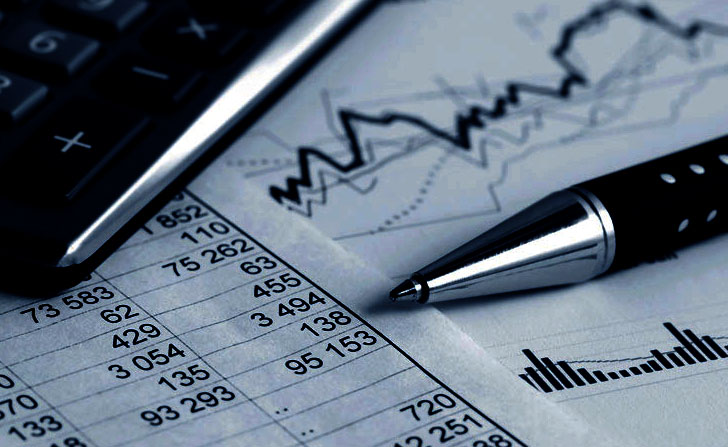Kuroda of the Bank of Japan has spoken out against “rapid” yen movements.

After meeting with Prime Minister Fumio Kishida on Friday, the Governor of the Bank of Japan, Haruhiko Kuroda, said that quick changes in the value of the yen were not good. He added his voice to the chorus of officials who are worried about the yen’s sudden drop to 24-year lows.
After the meeting, which Kuroda said was a regular catch-up between the two sides to talk about big-picture economic and financial issues, he told reporters that “sharp (OTC:SHCAY) currency swings are not good because they disrupt business plans and make things more uncertain.”
“When the yen is changing 2 to 3 yen each day, that’s a quick move,” Kuroda said when questioned about the recent swings in the Japanese currency.
On Tuesday and Wednesday of this week, the value of the dollar rose by more than 2 yen, reaching 144.99 per dollar, its highest level since August 1998.
After a meteoric rise in the dollar index to a 20-year high, Kuroda’s comments helped send the dollar plummeting against the yen, where it suffered its worst one-day drop in a month.
While the central banks of other major developed economies raise interest rates to control inflation, the yen is especially vulnerable as long as the Bank of Japan keeps its policy of near-zero interest rates, which is meant to help the economy.
As the considerable weakness of the yen drives up the price of gasoline and other essential imports, Japan may regard verbal sabre rattling as one of its limited near-term alternatives to fight the problem.
After meeting with Kishida on Friday, Kuroda told reporters, “We will observe currency rate changes attentively.”
He noted that he had not received any direct demands for policy changes from the prime, despite discussing market issues such as currency movements with the premier.
Makoto Noji, the chief foreign exchange strategist at SMBC Nikko Securities, said that the prime minister’s request to meet with Kuroda was “meant to send a message that he is worried about sharp drops in the yen.”
Both are well aware that widespread dollar gains are to blame for the depreciation of the yen, a trend that can’t be resisted. Japan has to wait for the U.S. tightening cycle to end before it can start growing its economy again. This means it has to stay tough.
After Kuroda’s comments, the value of the dollar dropped to 143.10 yen and even more, to 142.43 yen. last seen falling 1.0% to 142.60.
“Kuroda’s words somewhat precipitated the decrease,” Noji said. “I assume they were likely caused by repositioning among retail foreign exchange investors and rebalancing of pension funds like GPIF (Japan’s Government Pension Investment Fund).
Finance Minister Shunichi Suzuki said on Friday that the government would not rule out any options for foreign exchange moves. He was repeating what the country’s top currency diplomat, Vice Finance Minister for International Affairs Masato Kanda, said on Thursday.
Suzuki told reporters that officials were “extremely concerned” about the “rapid increase of market volatility against the background of speculative moves.”





